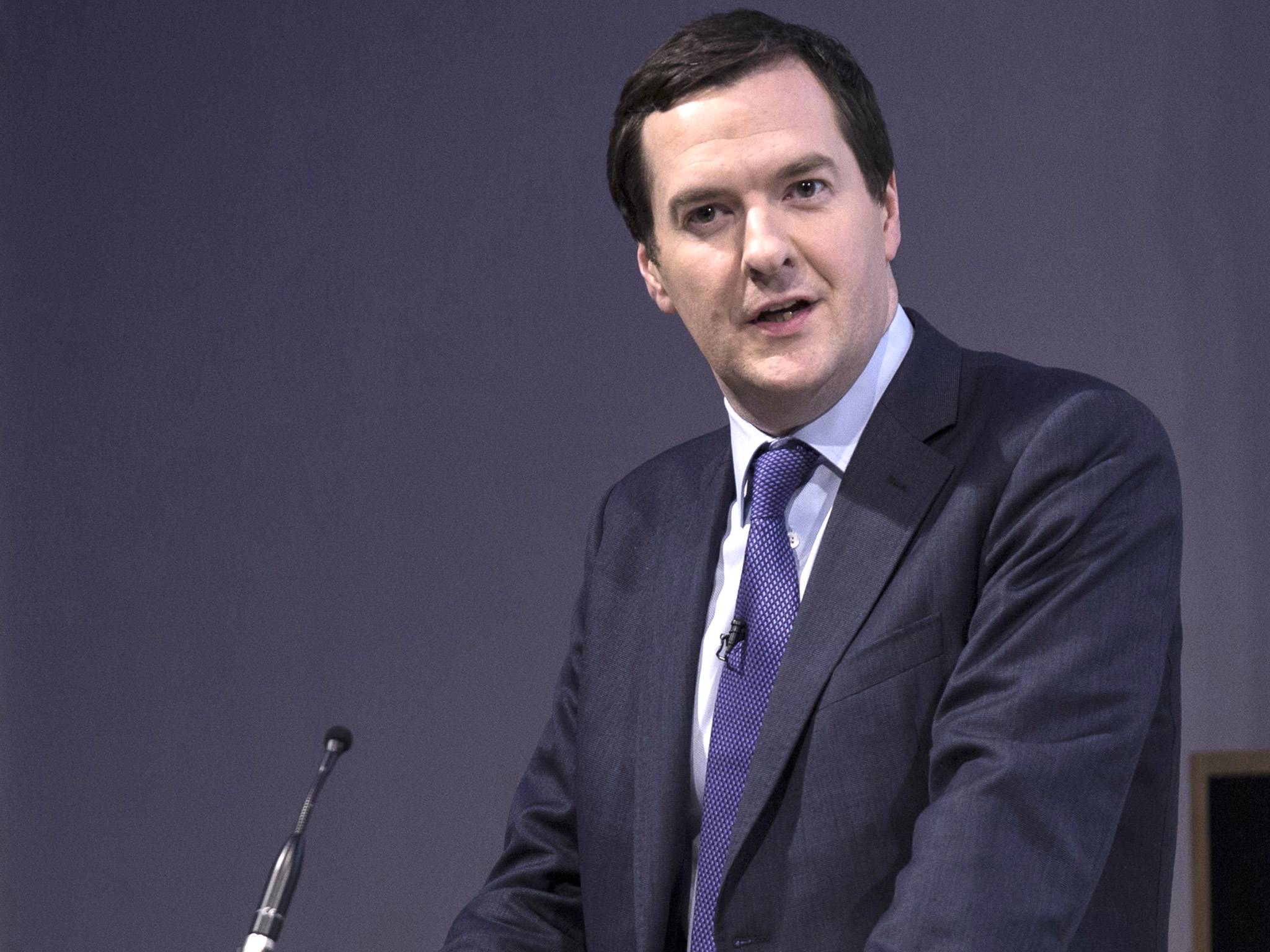Inside Westminster: Who will be the next Tory leader? This sideshow threatens to upstage the main event
George Osborne should stick to the job and ignore the swirling party politics


“I can’t believe we expended so much time and energy on infighting,” a close aide to Gordon Brown, while he was Chancellor, told me the other day. “I wish we had realised how damaging it would be. We wouldn’t have done it.”
George Osborne was never a fan of Mr Brown but should take note of his former aide. The Chancellor will have a good news story to tell next Wednesday when he presents his fifth Budget. The upward revision in the economic growth figures since his last one will be dramatic. He will be able to say that the UK economy is growing faster than its competitors. His inevitable claim – that “the Government’s long-term plan is working” – will sound credible to many voters. They may not love Mr Osborne, but there is a grudging respect that the Government is doing a difficult job on the deficit that needs to be done.
And yet some Conservative MPs are worried that noises off about Mr Osborne’s long-term ambitions are in danger of overshadowing this success story. Just as Brown allies endlessly talked up his prospects of succeeding Tony Blair, the “friends of George”, as they are known in Toryland, are telling the party’s backbenchers: “George is back in the [leadership] game.” The parallels with Mr Brown go further. As he waited for his “turn”, a ruthless Brown machine set about eliminating his potential rivals for the succession: Charles Clarke, John Reid and Alan Milburn were among the dead bodies in the political grave marked “ex-future leader”.
Today Michael Gove, the Education Secretary, appears to be trying to clear Mr Osborne’s path to the Tory leadership by removing the biggest obstacle – Boris Johnson. Mr Gove, unusually, has no ambition for the top job himself. But he wants to be a big player for years and hold one or more of the highest offices of state. There’s no sign of Mr Cameron departing yet (unless the Tories think they are doomed to general election defeat next year).
So Mr Gove didn’t have to choose between the Mayor of London and the Chancellor; he had a good personal relationship with both. Until recently, that is. Now the “friends of Boris” are seething that Mr Gove has apparently been putting it about – not least to the media magnate Rupert Murdoch – that while the brilliant Mr Johnson can reach parts of the electorate other Tories cannot, he is not the right man to succeed Mr Cameron. In other words, the next Tory leader should be Mr Osborne – who, incidentally, Mr Murdoch initially rated more highly than Mr Cameron the last time there was a vacancy in 2005.
Osborne allies insist, of course, that he is not involved in such plotting and is getting on with his job (just what Brown aides used to say). Certainly the Chancellor will have little time for plotting next week. And he is unlikely to be able to please the Tory MPs clamouring for tax cuts for the party’s natural supporters – people who have been drawn into the 40p tax rate, which will bite on incomes of £41,866-a-year from next month.
With the annual budget deficit still at around £100bn, Mr Osborne will have little scope for giveaways. His message to the Tory troops is that the middle classes have benefited from the rise in the personal tax allowance, which increases to £10,000-a-year next month. He will announce that it will rise to at least £10,500-a-year later. Even if he had money to spray around, it would be unfair and politically dangerous to hand more to those in the middle than those on low incomes.
Finding billions for the middle classes would reinforce the Tories’ image as not caring about the striving classes lower down the ladder. Instead, Mr Osborne will offer “economic security for hard-working families”. A giveaway would also undermine his “job not done” message on the deficit. This will be a central plank of the Tories’ election pitch as they tell voters it’s not safe to “give the keys back to the people who crashed the car”, a slogan borrowed from Barack Obama’s re-election campaign.
In response, Labour will deploy an older US slogan. In 1980, the killer question which helped Ronald Reagan defeat President Jimmy Carter was: “Are you better off than you were four years ago?” Despite the improving economic figures, the answer from many people in Britain next year will be “no”.
But Mr Osborne does have a good story to tell on the economy. He should stick to his day job, and think about the general election rather than a future party leadership election. After all, I don’t think he would want to turn into Gordon Brown.

Join our commenting forum
Join thought-provoking conversations, follow other Independent readers and see their replies